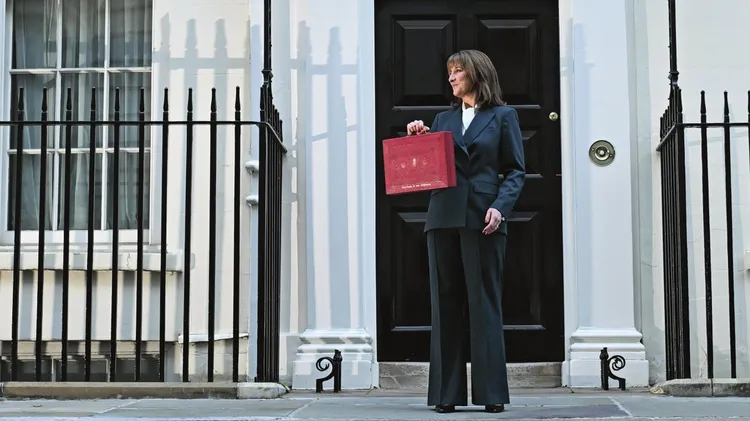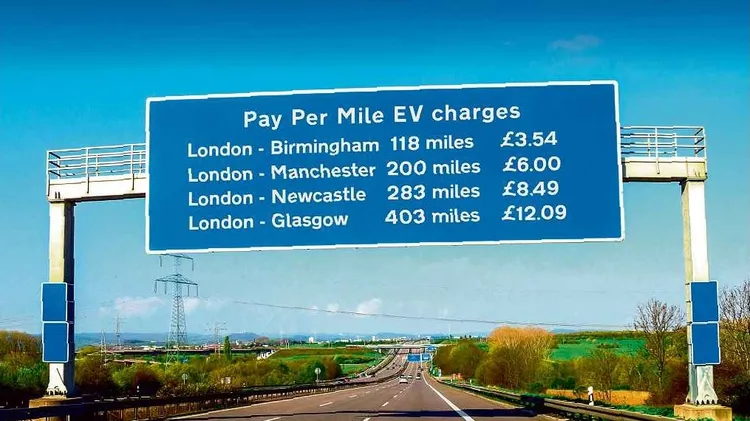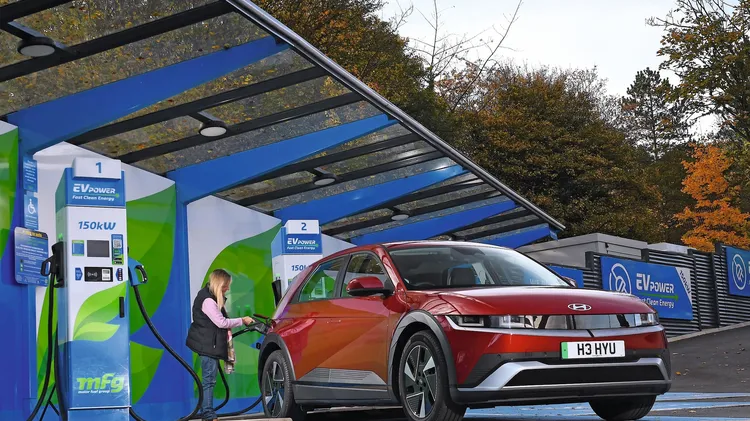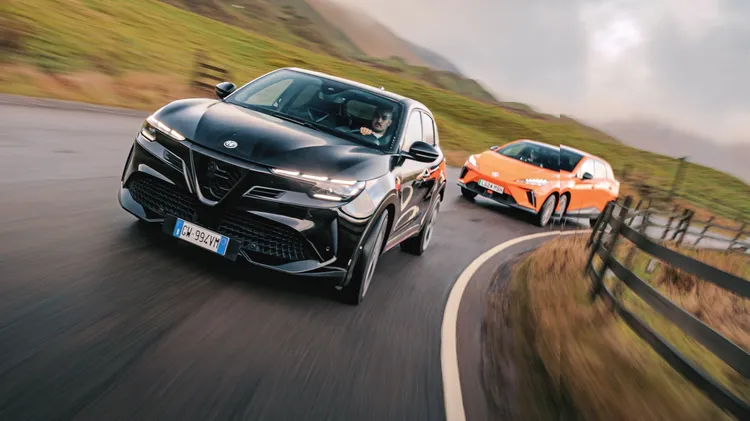Ride-hailing firm is installing 700 chargers and incentivising
Uber leads london’s ev charge
2 min read
This article is from...
Read this article and 8000+ more magazines and newspapers on Readly






